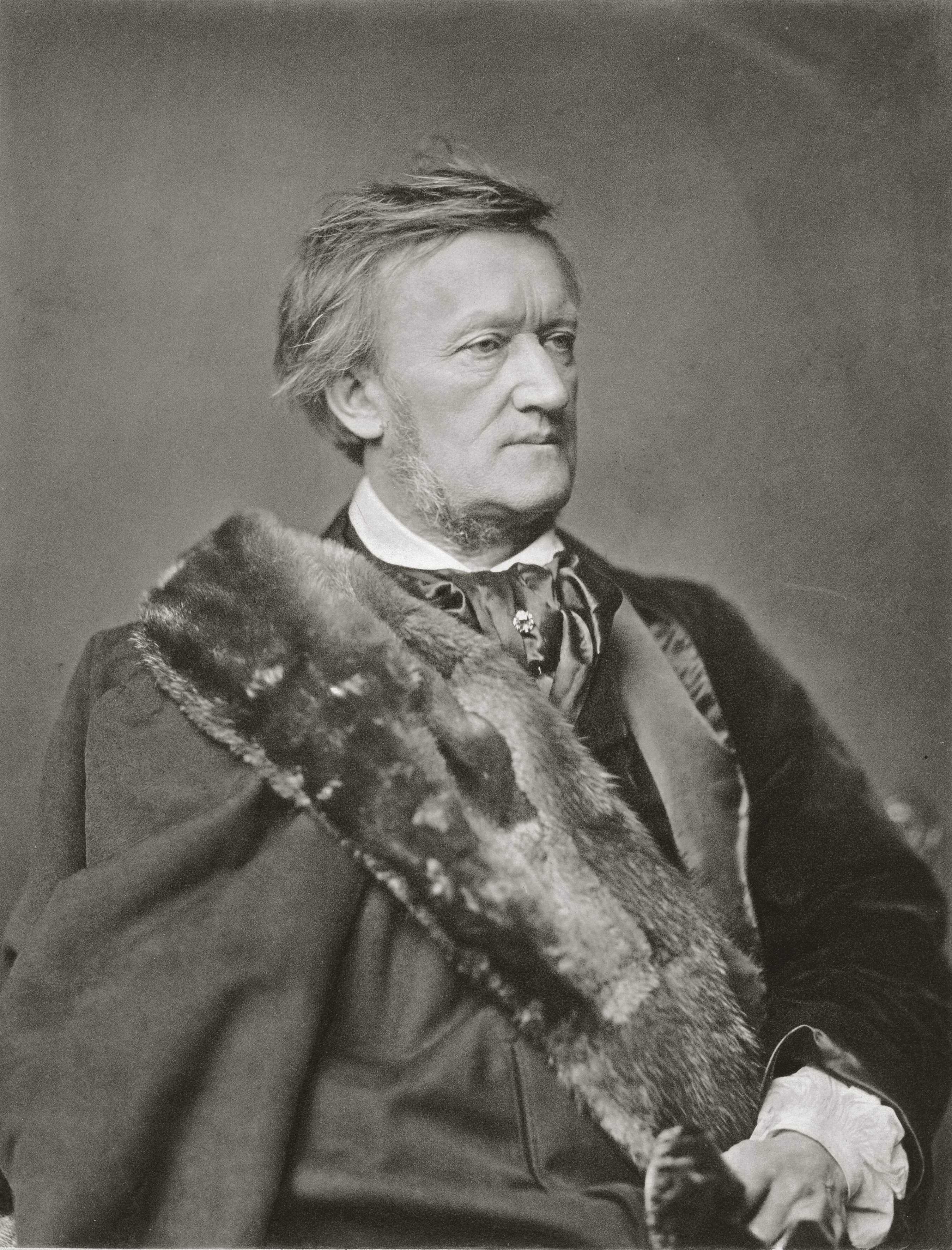In a recent article, the historian Katja Hoyer describes an event at the German Embassy prior to a Royal Opera House performance in May of Wagner’s Die Walküre. There she spoke with various individuals, some of them clearly Wagner ‘fans’, and she righteously declares: ‘having studied [Wagner] as a historical figure, I’m perhaps also less able than most to forget the man behind the music.’ Following some discussions about the production, as well as chats with those who had visited Bayreuth, she declares that ‘there didn’t seem to be the slightest notion of controversy around the modern-day Wagner worship.’ She adds, as if making a new observation, ‘He was a socialist, a nationalist and an antisemite – none of which was coincidental to his work’ and asks ‘Wouldn’t it have been worth discussing on – or off-stage what modern productions do with this legacy?’ which she thinks is ‘an interesting question’ and ‘one that gets raised with just about any other cultural work made before the early 2000s.’

Get Britain's best politics newsletters
Register to get The Spectator's insight and opinion straight to your inbox. You can then read two free articles each week.
Already a subscriber? Log in







Comments
Join the debate for just £1 a month
Be part of the conversation with other Spectator readers by getting your first three months for £3.
UNLOCK ACCESS Just £1 a monthAlready a subscriber? Log in